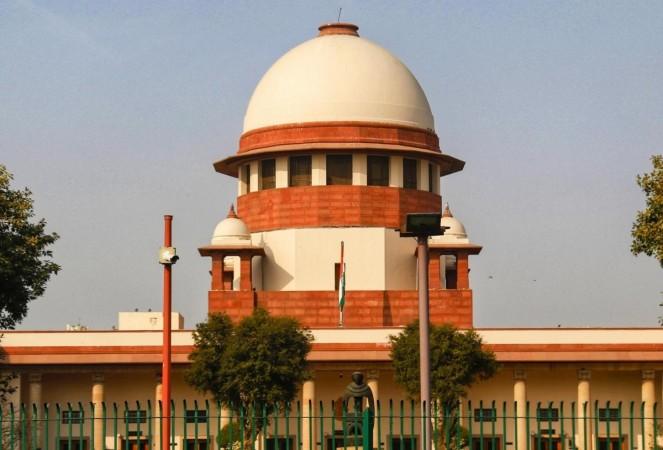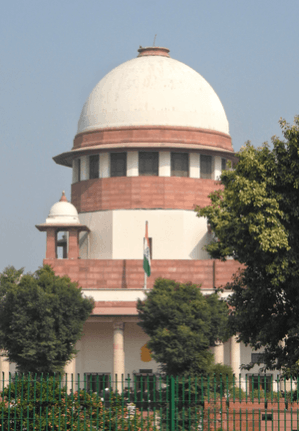
The Supreme Court has taken a significant step towards addressing the educational rights of Rohingya refugee children. The bench, comprising Justices Surya Kant and NK Singh, is hearing a special leave petition against the Delhi High Court's refusal to direct the Municipal Corporation of Delhi (MCD) to admit Rohingya refugee children from Myanmar into local schools. The petitioner, represented by advocate Ashok Agarwal, argued that the petition was instituted with the aim of educating vulnerable Rohingya refugee children.
The bench questioned the location of these Rohingya families and whether the petitioner intended to remove them from the refugee camp. Agarwal clarified that these children were living with their families in regular residential areas, not in any camp. The court noted that if the children were living in regular residential areas, the petitioner's point would require consideration. Even if they were confined to a camp, the point would still require consideration, albeit in a different manner. The court suggested that in such a case, the petitioner should ask for educational facilities within the refugee camp.
This case has its roots in a previous ruling by the Delhi High Court. The High Court had asked the petitioner, Social Jurist A Civil Rights Group, an NGO, to approach the government authorities and make a representation before the Union Ministry of Home Affairs for redressal of the issue raised. The High Court had remarked that the public interest litigation (PIL) indirectly attempted to extend the Right of Education (RTE) to non-citizens using a judicial forum when in no country courts determine who should be conferred citizenship.

The petitioner contended that he made representations to the Union as well as the Delhi governments to issue an order clarifying that all the refugee children residing within the territory of India are entitled to get education. The petition filed before the Delhi HC had contended that the denial of admission to these children due to their lack of Aadhaar Cards violated the fundamental right to education outlined under the Indian Constitution and the RTE Act, 2009.
The plea stated that while these children remain in India, they are entitled to constitutional protections, including the Right to Education under Articles 14, 21, and 21-A of the Constitution of India, along with the Right of Children to Free and Compulsory Education Act, 2009. It added that it is the responsibility of the Directorate of Education and the MCD to ensure that all students under the age of 14 are admitted to government or MCD schools.
This case is a significant development in the ongoing debate about the rights of refugees in India. It highlights the challenges faced by refugee children in accessing education and the legal complexities surrounding their status. The Supreme Court's decision to consider the issue marks a crucial step towards addressing these challenges and ensuring the rights of refugee children in India.

















